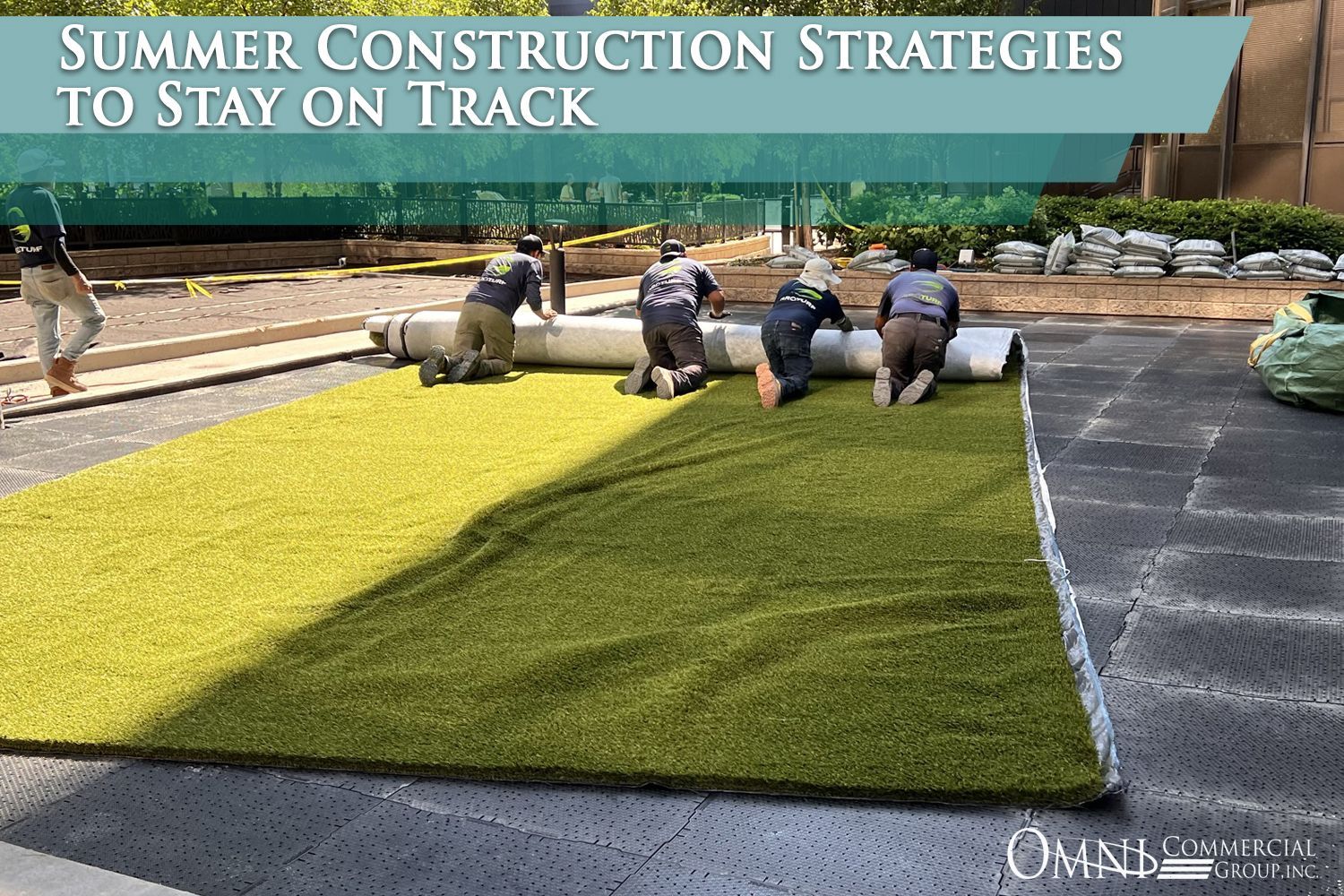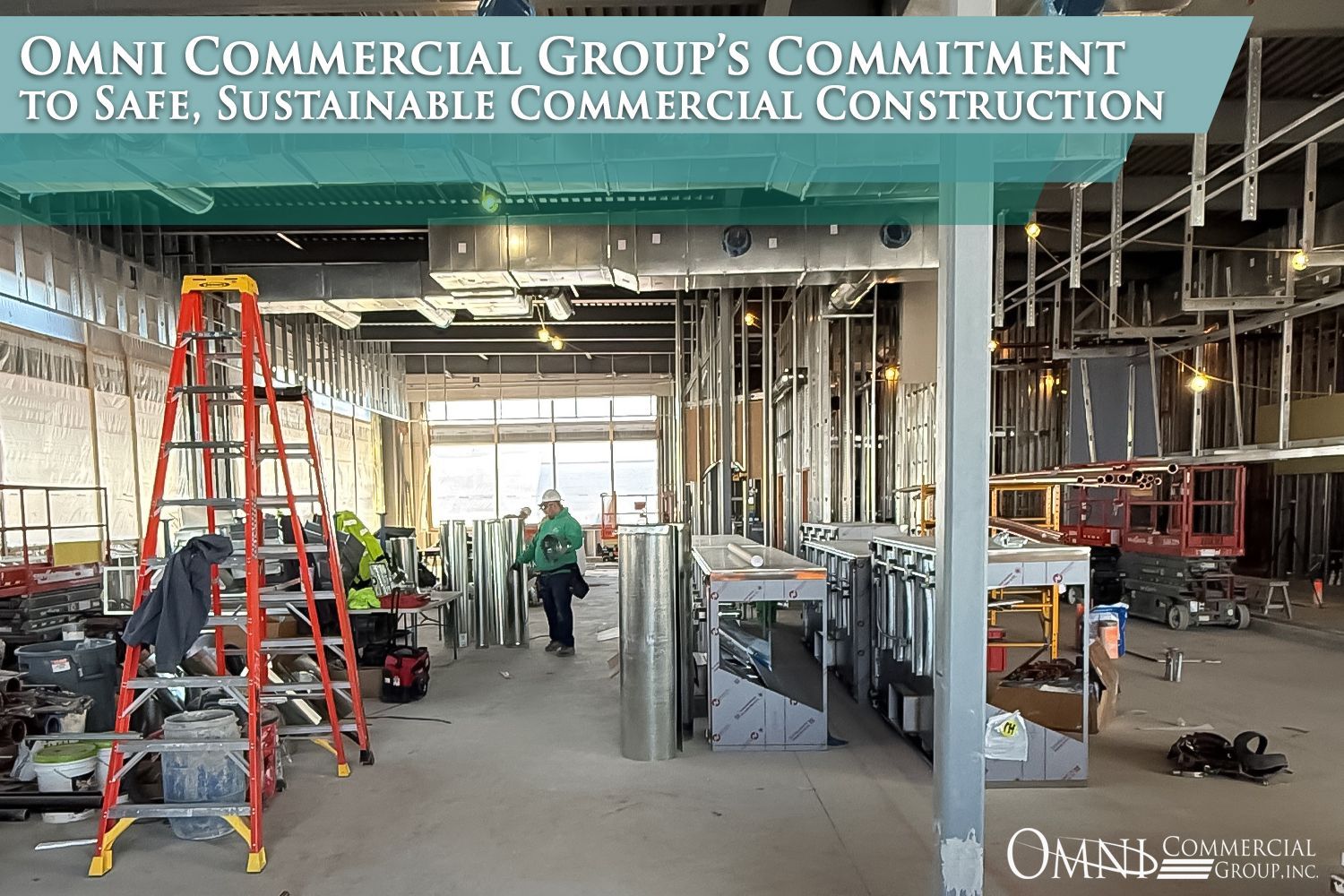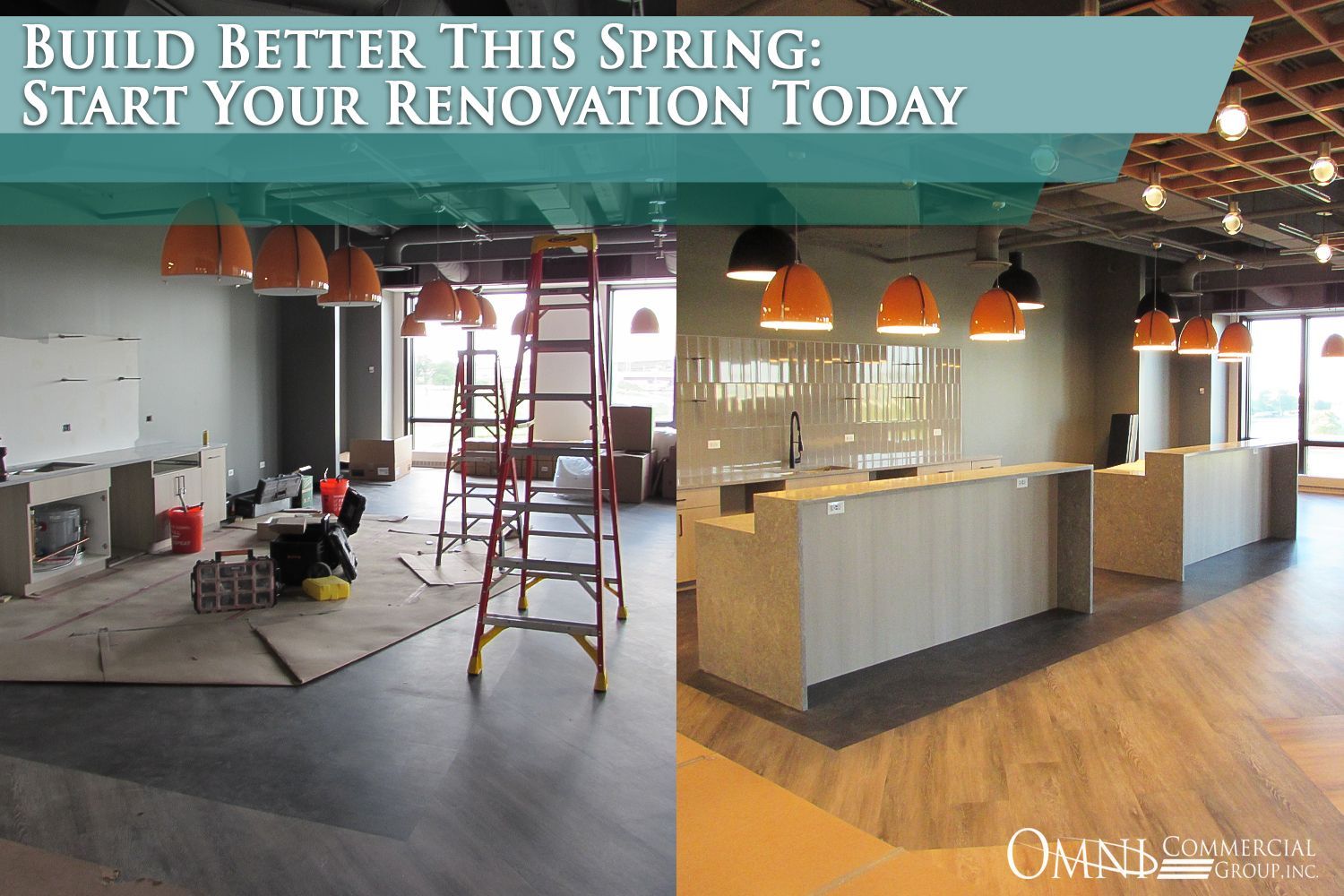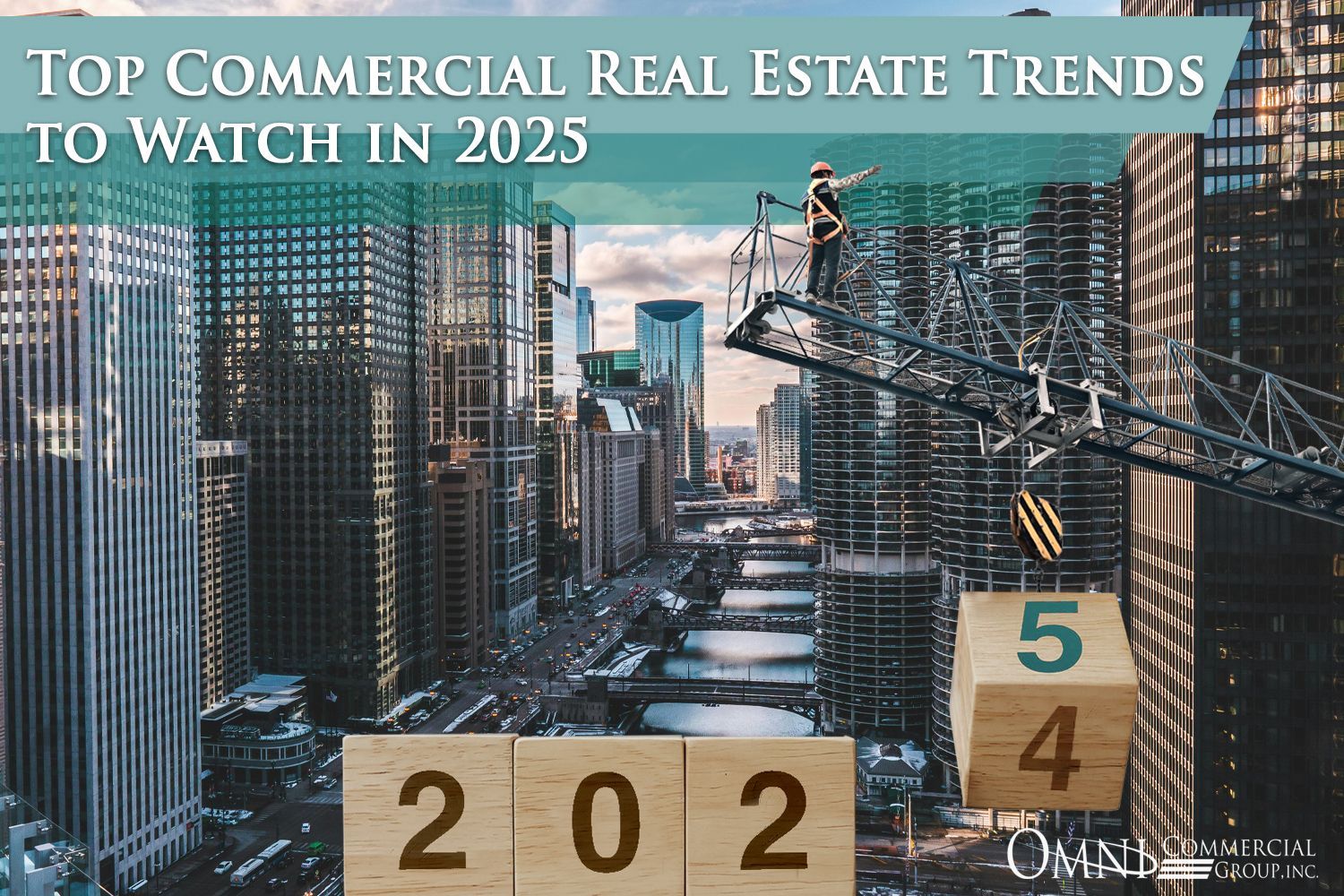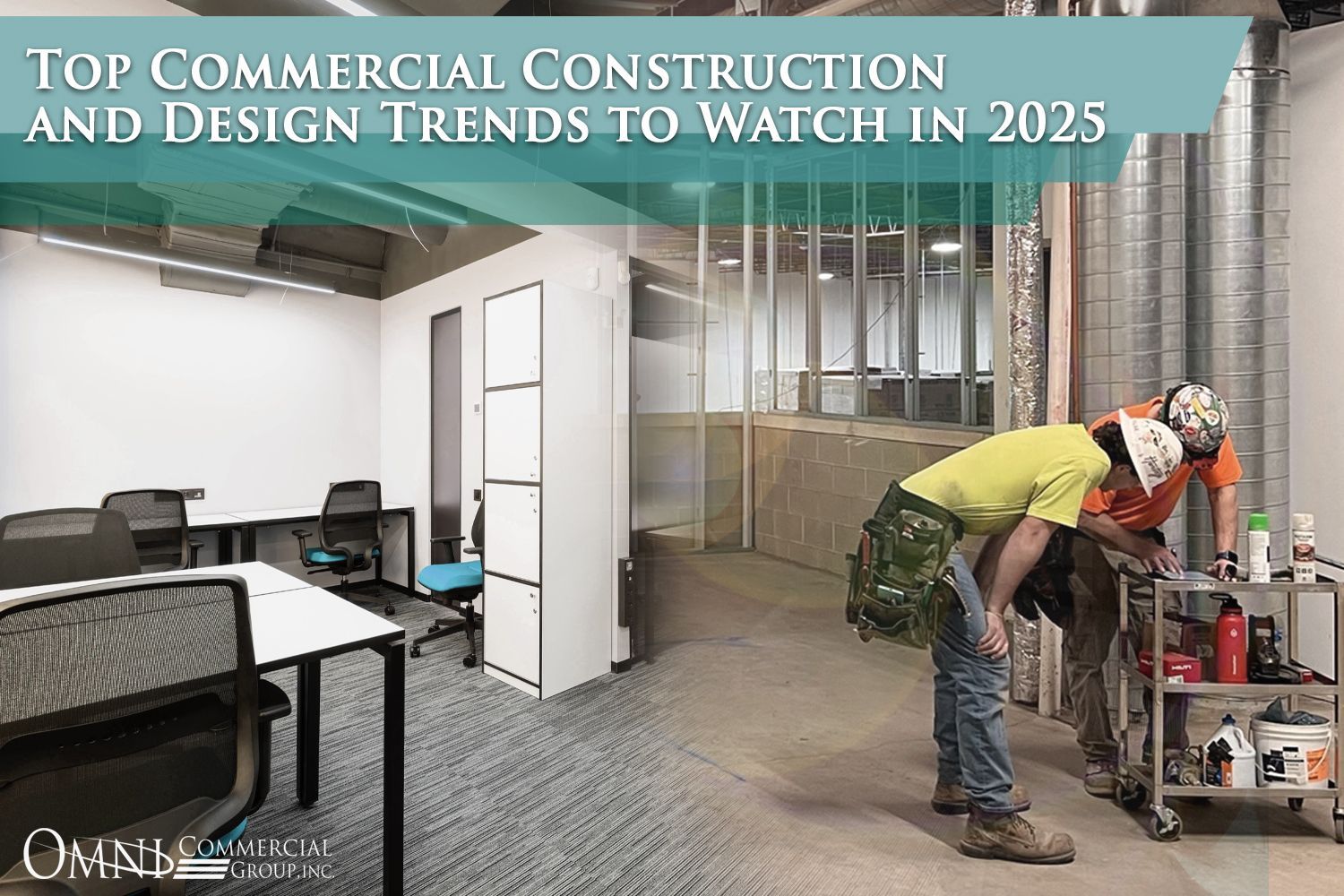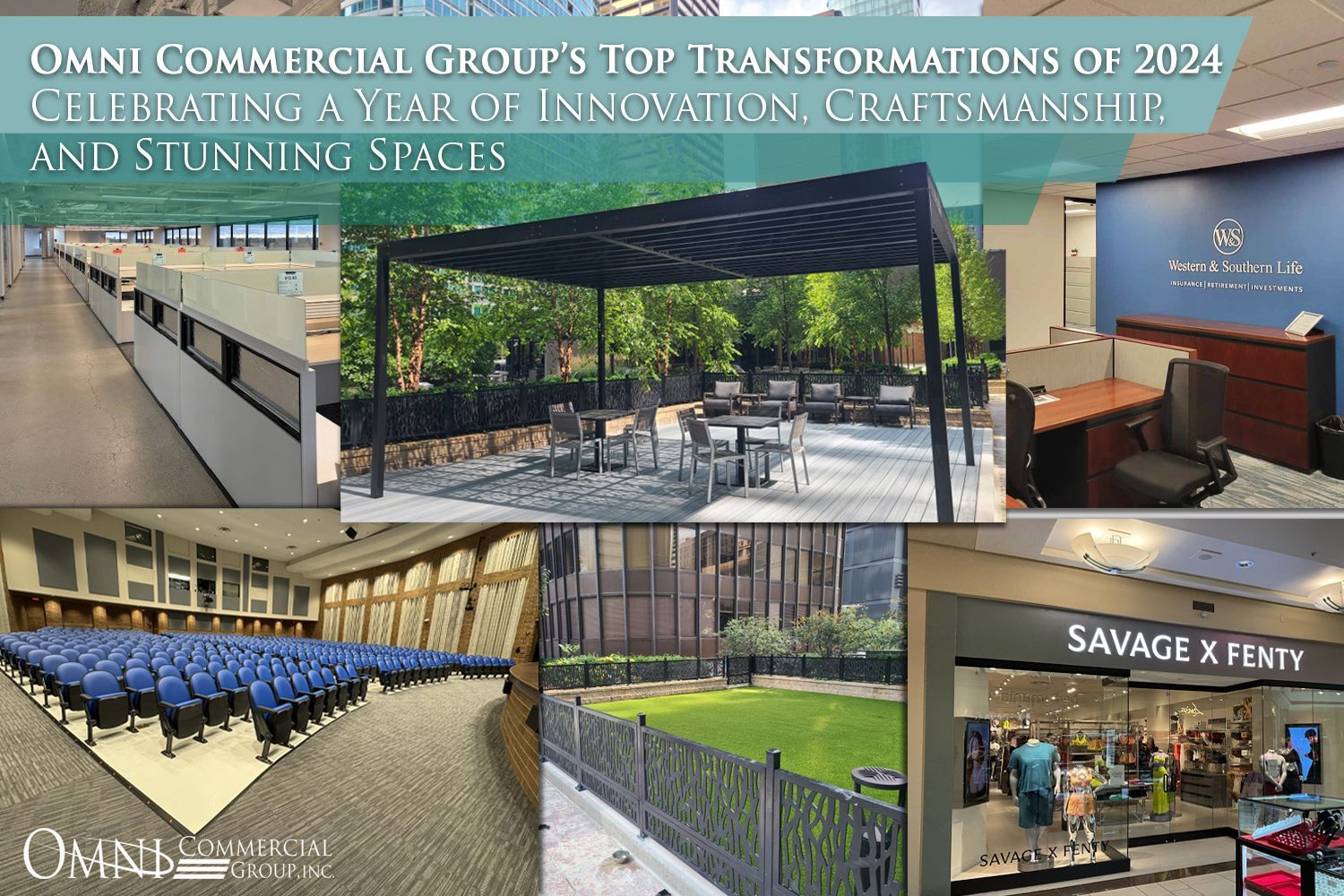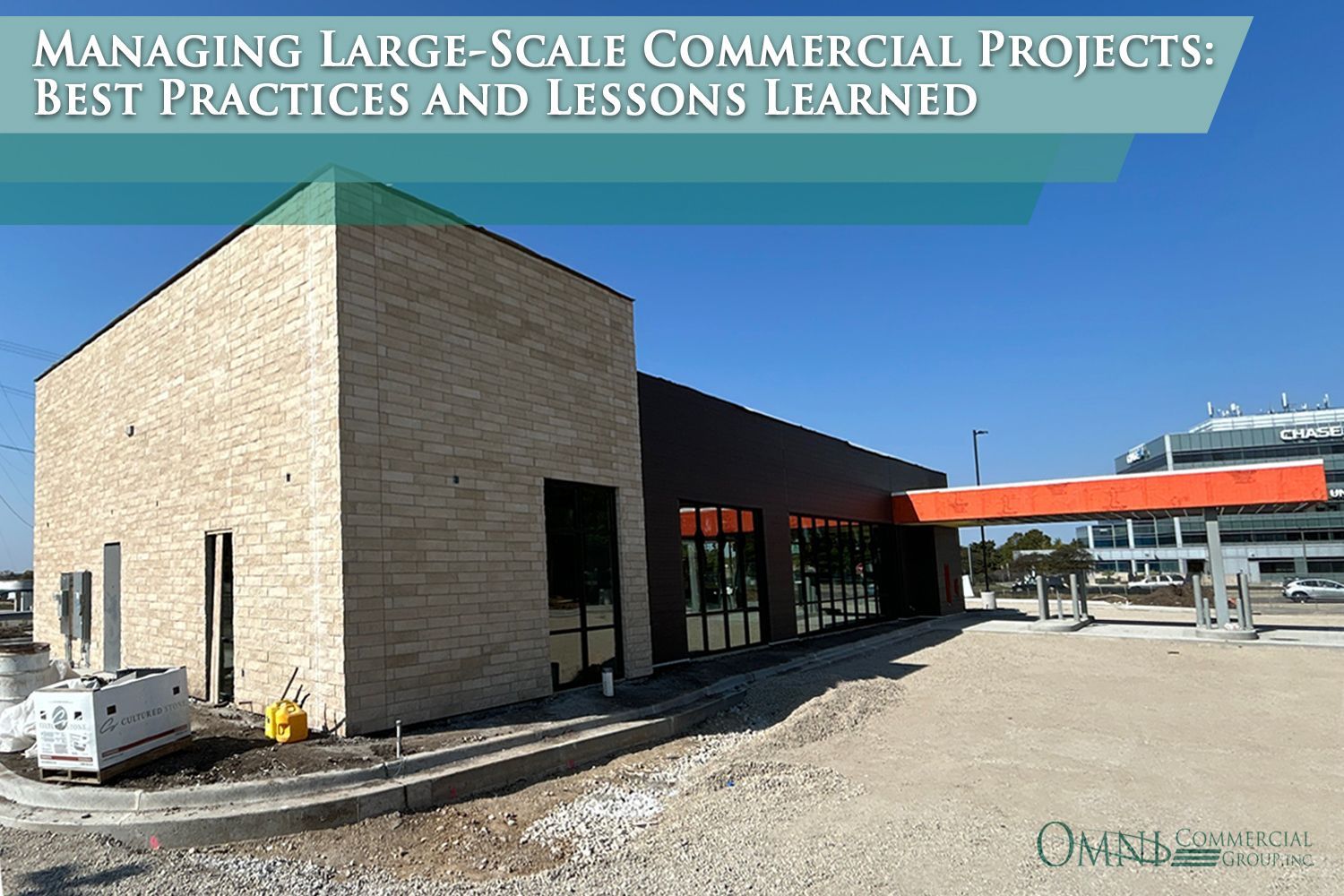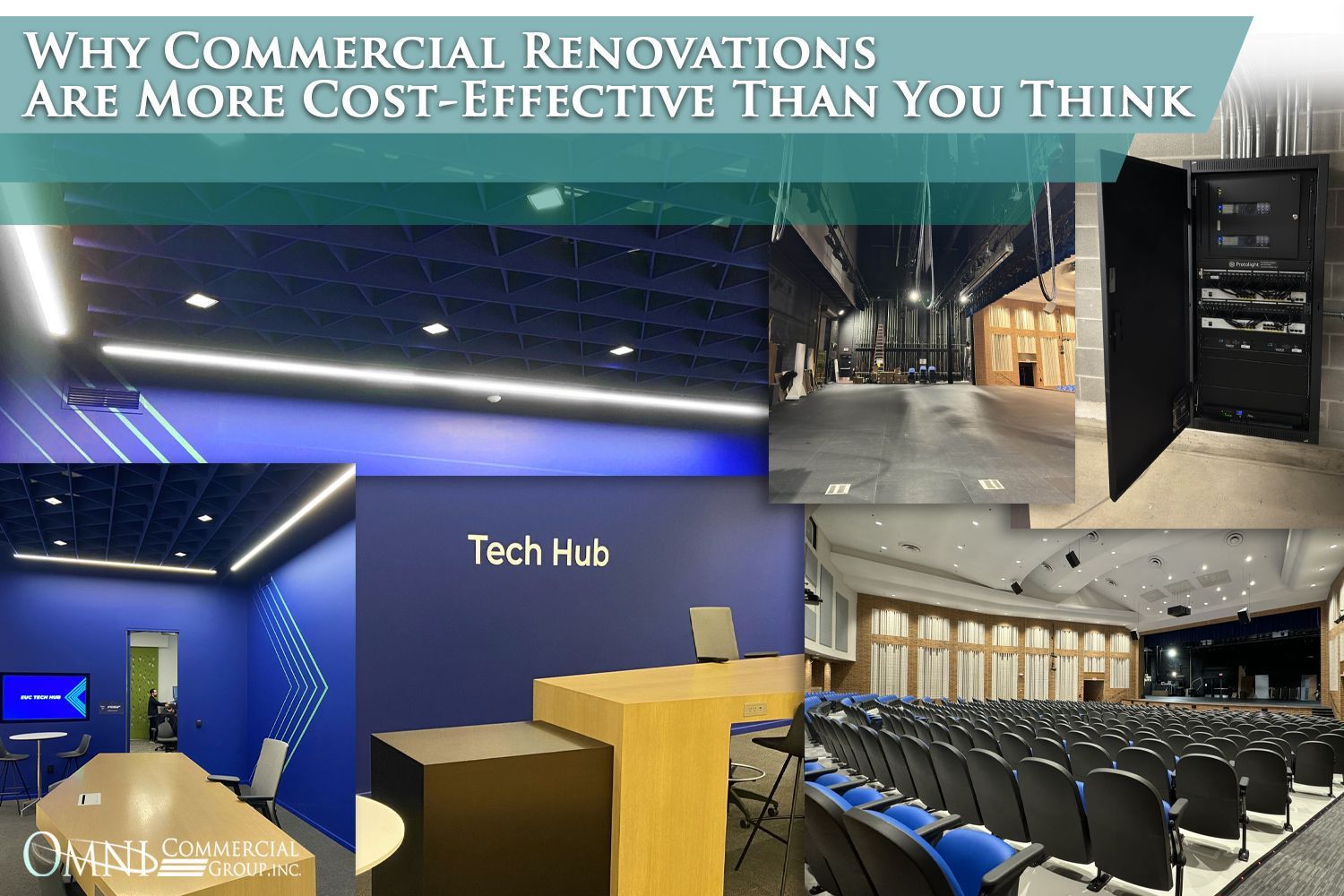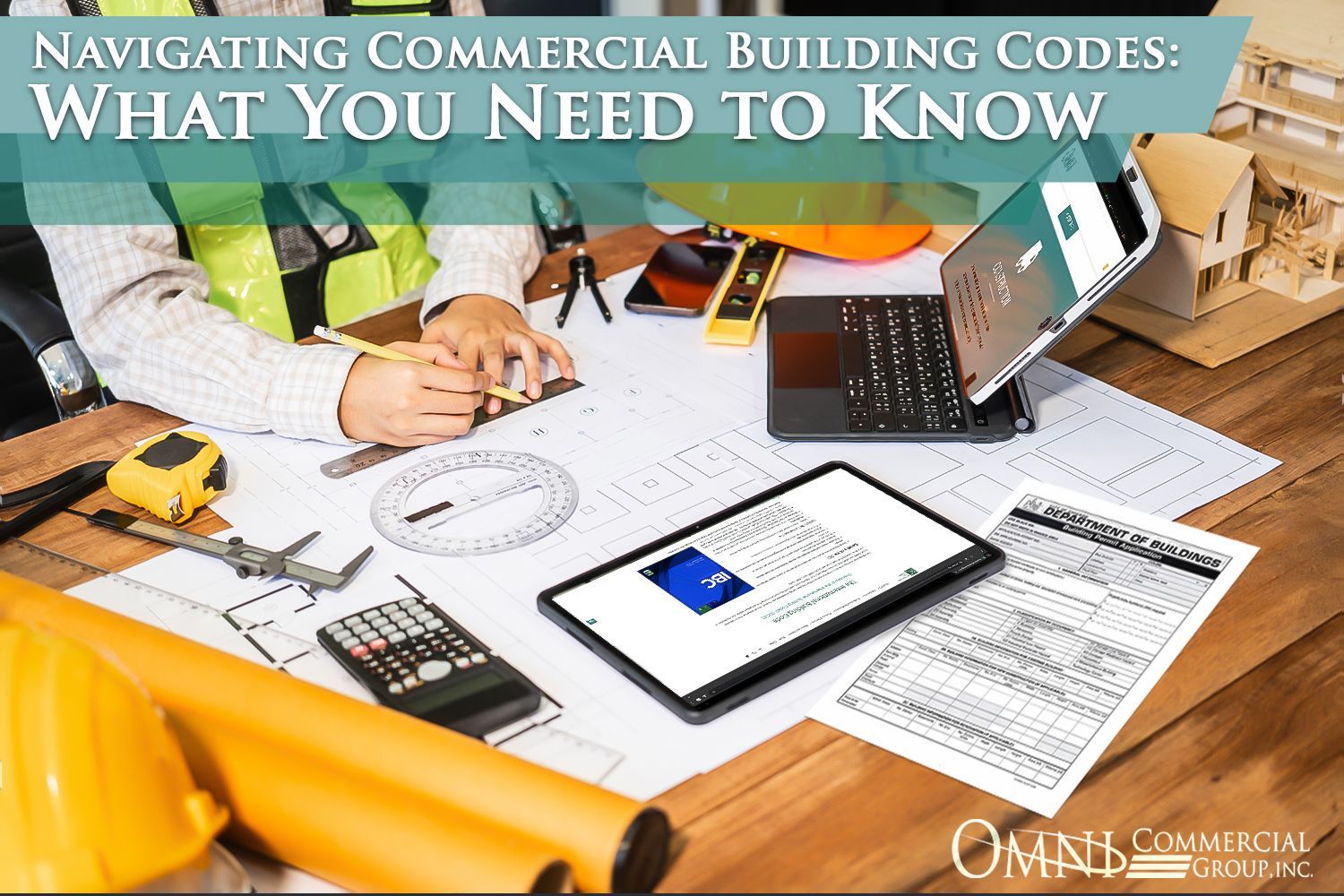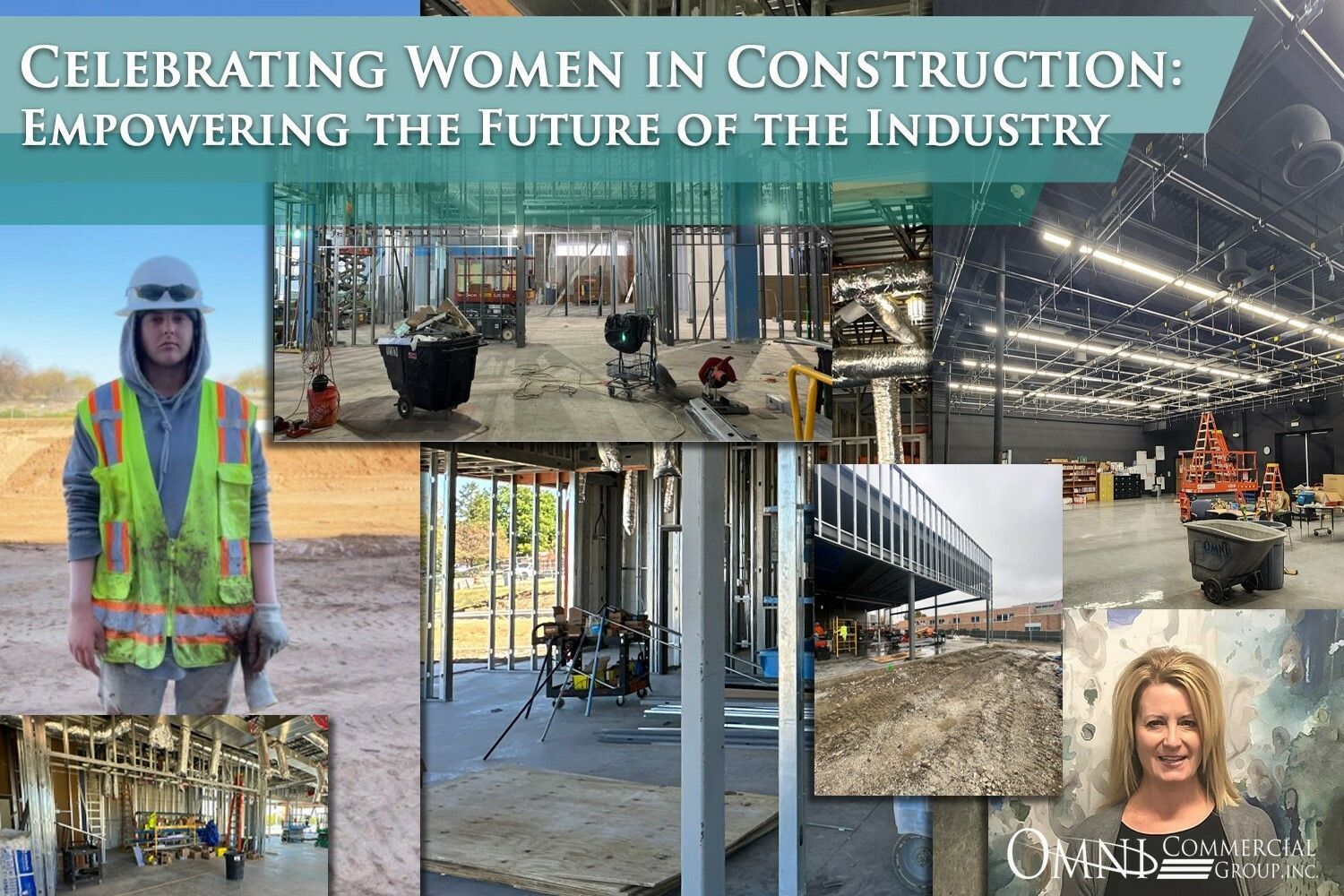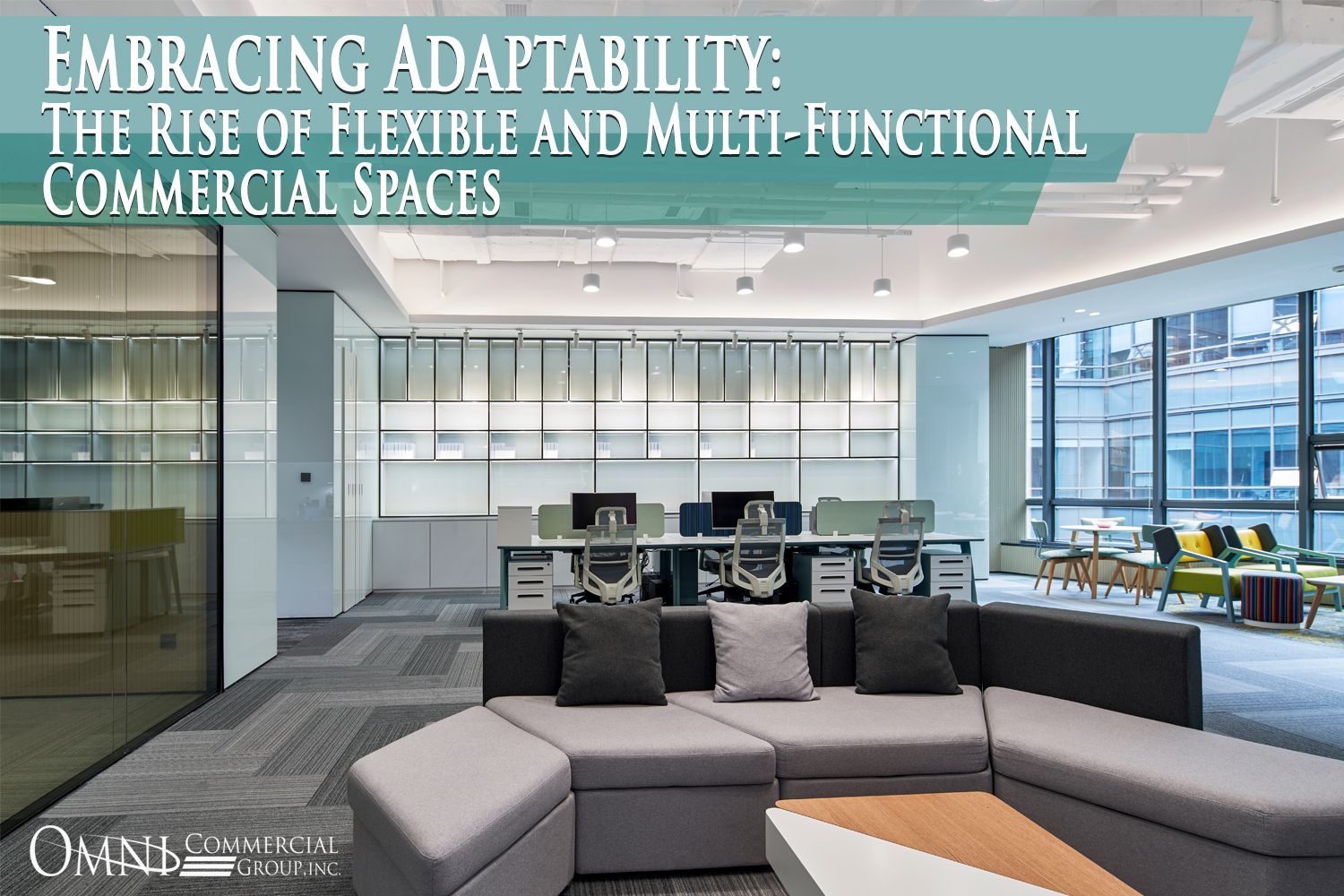
Embracing Adaptability: The Rise of Flexible and Multi-Functional Commercial Spaces
In the dynamic landscape of modern commerce, the traditional concept of fixed-purpose commercial spaces is rapidly evolving. Businesses are recognizing the need for versatility and adaptability in their physical environments to meet the ever-changing demands of consumers and the market. This shift has given rise to a new paradigm: the flexible and multi-functional commercial space.
Gone are the days when commercial spaces were designed with rigid layouts tailored to specific functions. Today, businesses are embracing the concept of multi-functionality, creating environments that can seamlessly transition between different purposes. Whether it’s a retail store, office space, or community center, the emphasis is on versatility.
One of the key drivers behind this trend is the changing nature of consumer behavior. In an era where convenience and experience reign supreme, businesses need spaces that can cater to diverse needs and preferences. A retail store, for example, may need to host product launches, workshops, or pop-up events in addition to its primary function of selling goods. By designing flexible spaces that can easily be reconfigured, businesses can adapt to these changing requirements without the need for extensive renovations or investments.
Moreover, the rise of remote work and flexible schedules has transformed the way we think about office spaces. Rather than traditional cubicles and fixed workstations, modern offices are embracing open layouts and modular furniture that can be easily rearranged to accommodate different tasks and team configurations. This not only fosters collaboration and creativity but also allows businesses to make more efficient use of their space and resources.
In addition to meeting practical needs, flexible and multi-functional spaces also contribute to a more vibrant and dynamic urban environment. By creating spaces that can serve multiple purposes, businesses can foster community engagement and interaction. A coffee shop that doubles as a coworking space during the day, for instance, not only provides a place for people to work but also becomes a hub for networking and collaboration.
From a design perspective, creating flexible and multi-functional spaces requires careful planning and innovation. Architects and interior designers are exploring creative solutions such as modular furniture, movable walls, and adaptable lighting systems to maximize the potential of a space. Technology also plays a crucial role, with smart sensors and automation systems enabling seamless transitions between different configurations.
Ultimately, the shift towards flexible and multi-functional commercial spaces reflects a broader cultural and economic shift towards adaptability and agility. In a world where change is constant and unpredictable, businesses that can quickly pivot and respond to new challenges will have a competitive edge. By investing in versatile environments that can evolve with their needs, businesses are not only future-proofing their operations but also creating spaces that enhance the overall quality of life for employees, customers, and communities alike.
As the demand for flexible and multi-functional commercial spaces continues to grow, it becomes increasingly evident that successful implementation relies heavily on meticulous project management and expert guidance. The Omni Commercial Group team stands ready to navigate the complexities of such endeavors, offering comprehensive services tailored to ensure seamless transitions from concept to construction. With our proven track record and commitment to excellence, we are equipped to transform your vision into reality, delivering innovative spaces that not only meet but exceed your expectations. Contact us today to embark on your project journey and experience the difference firsthand.
